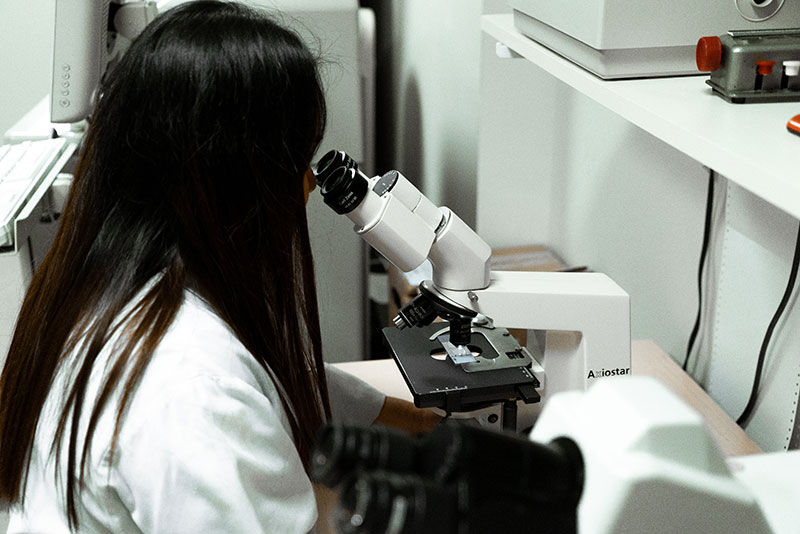
Beginning your fertility journey?
Each couple’s fertility journey is unique. For some, it is more like an emotional roller coaster ride than a smooth road to parenthood, and it is impossible to predict how long it will take. There are many factors that can affect a couple’s fertility.
Are you at the beginning of your fertility journey?
Some preliminary things that you should do include:
Take a prenatal vitamin daily
- This should contain 1 mg of folic acid to help reduce the risk of birth defects such as neural tube defects
Improve your nutrition
- Avoid trans fats which will increase your “bad” cholesterol
- Consume more unsaturated or polyunsaturated vegetable oils such as olive oil, canola oil, avocados, salmon, coconut oil
- Eat lean animal protein and plant-based proteins. (See Canada's New Food Guide)
- Choose whole grains instead of simple carbohydrates
- Increase calcium to 1000 - 1200 mg/day
- Try to get 4-5 fruit and vegetable servings per day
- Consider following the Mediterranean diet, which has been shown to be ideal for those trying to conceive
- Try to obtain or maintain your weight in the “fertility zone”, i.e. BMI at 18 - 25.
Stop smoking
- Smoking has been shown to reduce a woman’s egg quality and quantity, and has also been associated with fragmentation of sperm DNA
Limit alcohol and caffeine
- You and your partner should have no more than 1 caffeinated substance per day
- You should both limit your alcohol intake
Get plenty of sleep
Take care of yourself and your relationship
- Remember to get regular exercise while on this journey
Stay balanced
- Find time for your partner and activities that don’t revolve around getting pregnant







